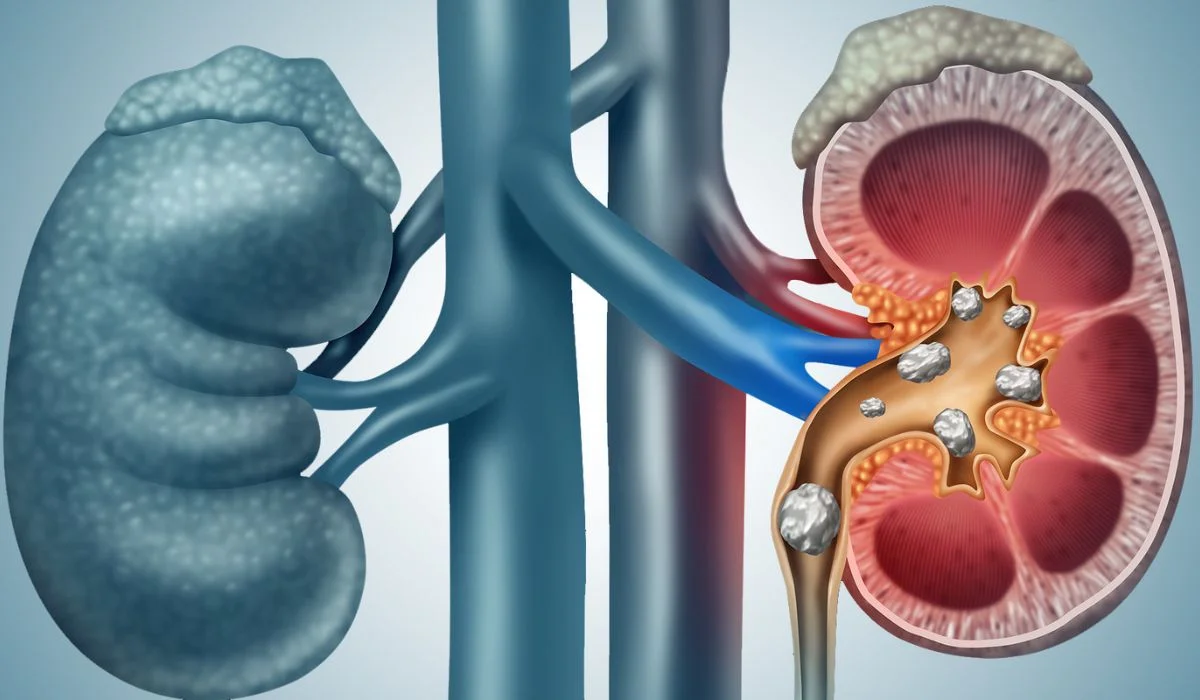Have you ever experienced a sharp pain in your back or lower abdomen that just wouldn’t go away? It could be a sign of kidney stones. Kidney stones are small, hard deposits that form in the kidneys and can cause a range of symptoms. While some kidney stones may not cause any noticeable symptoms, there are early warning signs that you shouldn’t ignore. In this article, we will discuss five early kidney stone symptoms that you should be aware of.
1. Intense Pain
One of the most common symptoms of kidney stones is intense pain. This pain is often described as a sharp, stabbing sensation that radiates from the back or lower abdomen to the groin. The pain can come and go, and may be accompanied by nausea and vomiting. If you experience this type of pain, it’s important to seek medical attention as soon as possible.
2. Blood in Urine
Another early symptom of kidney stones is blood in the urine, also known as hematuria. The presence of blood in the urine can be alarming, and it’s important to see a healthcare professional for further evaluation. While there are other conditions that can cause blood in the urine, it’s always best to rule out kidney stones as a potential cause.
3. Frequent Urination
If you find yourself needing to urinate more frequently than usual, it could be a sign of kidney stones. The presence of a stone in the urinary tract can irritate the bladder, causing an increased urge to urinate. This symptom is often accompanied by a feeling of urgency and a decreased amount of urine passed each time.
4. Cloudy or Foul-Smelling Urine
In addition to blood in the urine, kidneystones can also cause changes in the appearance and odor of urine. If you notice that your urine is cloudy or has a strong, unpleasant smell, it could be a sign of kidney stones. These changes occur due to the presence of minerals and waste products that are not being properly filtered by the kidneys.
5. Urinary Tract Infections
Kidney stones can increase the risk of developing urinary tract infections (UTIs). If you experience symptoms such as a burning sensation during urination, frequent urination, or cloudy urine, it’s important to see a healthcare professional for diagnosis and treatment. UTIs can be easily treated with antibiotics, but if left untreated, they can lead to more serious complications.
If you are experiencing any of these early kidneystone symptoms, it’s important to seek medical attention. Your healthcare provider can perform tests to diagnose the presence of kidney stones and recommend appropriate treatment options. In some cases, small kidney stones may pass on their own with the help of pain medication and increased fluid intake. However, larger stones may require medical intervention such as lithotripsy or surgical removal.
Prevention is key when it comes to kidneystones. Drinking plenty of water, maintaining a healthy diet, and avoiding excessive salt and animal protein can help reduce the risk of developing kidney stones. If you have a history of kidney stones or are at a higher risk, your healthcare provider may recommend specific dietary and lifestyle modifications to prevent future stone formation.
conclusion – Kidney Stones
In conclusion, being aware of the early symptoms of kidneystones can help you seek prompt medical attention and prevent complications. If you experience intense pain, blood in the urine, frequent urination, changes in urine appearance or odor, or urinary tract infections, don’t ignore these signs. Remember, early detection and treatment are key to managing kidney stones effectively.
Also, Read: Diabetes Friendly Fruits: A Guide to Fruits for Individuals…
Visit: Travel Insightful – Behold The Power of Travel
Discover more from Lotus LifestyleTips
Subscribe to get the latest posts sent to your email.


1 thought on “Five Early Kidney Stones Symptoms You Shouldn’t Ignore”